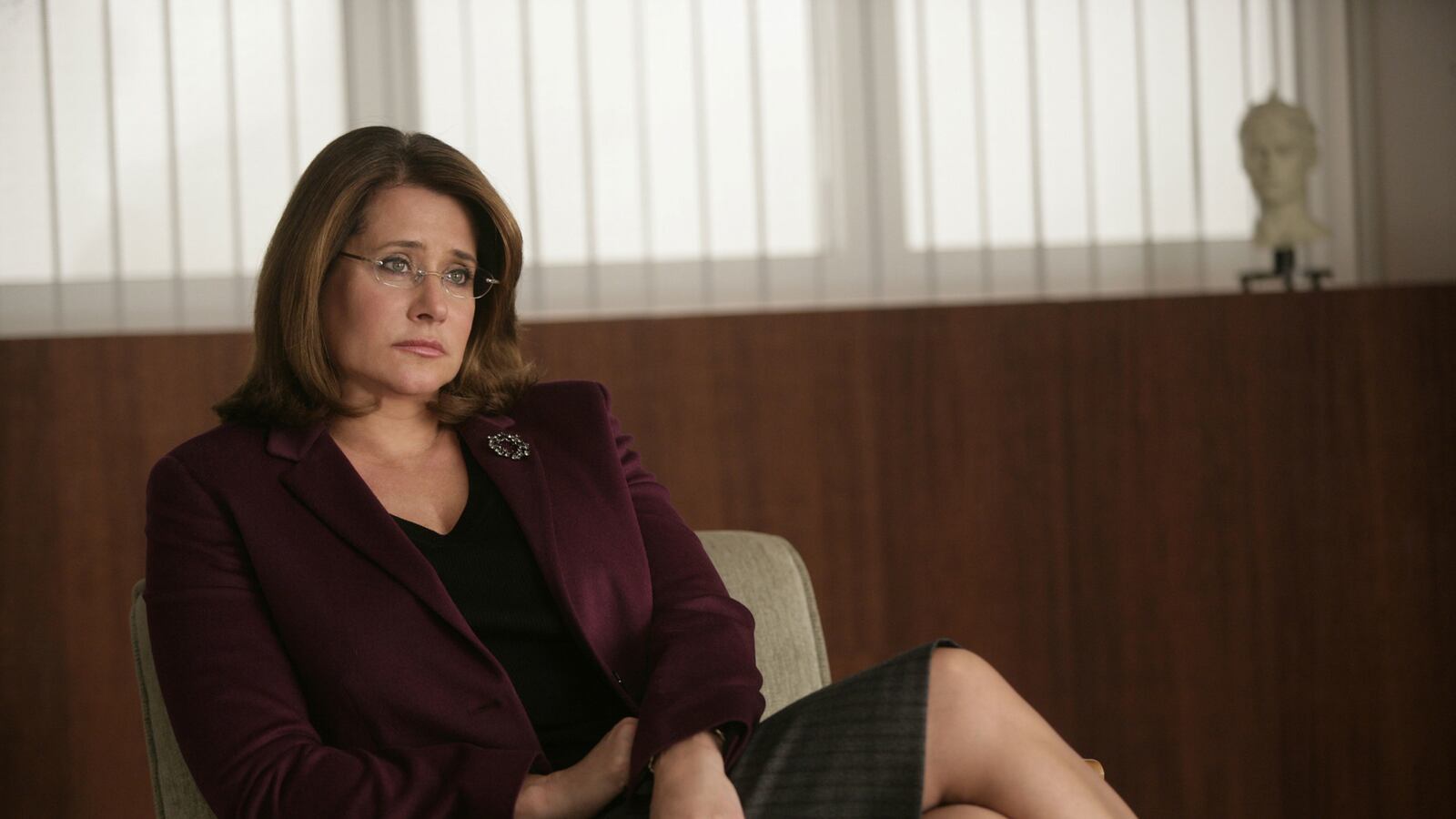For months now, I have left the exam room after a patient visit feeling unsettled- not by my patient’s clinical challenges but by the suffering of my fellow American. Dozens of my patients report fear, sleeplessness, dread, worry and dejection over “America,” “the future,” “what’s coming next?” or, in these past days, what happens “after Election Day.” Some are felled by the shock of the Trump presidency that will soon be a reality, and many have spent long moments sobbing, heartbroken in my office.
Countless are torn at the state of the country and having no choice. Noticing this so often these past months, I came up with a name for these symptoms: Election Dysthymia.
I am a sleep disorders specialist. People come to see me when they have trouble sleeping. Many of my patients have mental health issues that improve greatly when I treat their sleep disorders. While all my patients see me because they have sleep disorders, the intensity, the depravity and the relentlessness of the 2016 election cycle have resulted in an additionally corrosive assault on my patients.
More times than I can count, I instructed my patients to discontinue watching politics or news well before bedtime, to disengage from their social media feeds and to create a sanctuary free of politics and media in order to regain some solace. Too many people were becoming both sleep deprived and angry or irritated and anxious at just the times they need to be able to fall asleep.
I recall one of my patients, a native-born American and a World Trade Center first responder, who captured these fears in recent weeks: "Everyone wants to come here, to America. But if it goes bad here, where will we go?"
Being a dual British and American citizen, I suddenly realized most Americans not only are, but feel, captive. My own ambivalence has struck me in this difficult first year of my American citizenship, after a 25-year wait; later, experiencing the chasm that surrounds many American Muslims today as experienced through attitudes toward Syrian refugees, I wondered if I would ever be American enough’; finally, in the weeks leading up to the election, I exercised my thoroughly American right to free expression, writing of my despair at not having a presidential candidate for whom to vote (I just couldn’t get behind Hillary knowing she was a staunch advocate of drone warfare on Muslim majority populations and a proponent of an Obamacare I see failing my patients every day in my practice). I too, I now realize, have joined my own dysthymic patients and become an Insecure American.
Anthropologist Hugh Gusterson and Catherine Besteman edited a fascinating volume of essays, The Insecure American: How We Got Here and What We Should Do About It. The book, with an eloquent forward by Barbara Ehrenreich, describes how Americans once believed themselves intrepid. But defeat in Vietnam, the energy crisis, our undeniable economic decline and wage stagnation changed all that.
Reading the book rings frighteningly true to me- my patients embody many of these essays. Every day I meet patients working sixteen-hour days or longer, married couples holding down four sometimes five poorly paid jobs between them struggling to make ends meet. And, after almost twenty five years treating Americans I am struck by their escalating poverty- both financial and in quality of life, despite their extraordinary work ethic, an ethic which all too often costs them their health.
Today, in one of the richest counties in the United States, I see homeless people. In my 30 years of taking care of patients on three continents, I almost never encountered a homeless person except in critical illness, yet within the last five years well groomed, educated homeless people come to see me regularly in my Long Island office.
A shadow citizenry is among us, under-employed or unemployed, accessing the scant services they can ill-afford, even as they sleep in their cars in the parking lots of megastores. “There’s got to be over dozen of us sleeping in cars in that parking lot every night,” says one patient, later explaining, “I’ve been sleeping in my car over a year and a half.”
Of those who have held on to affluence of some kind, Americans remain obsessed with gated communities. Setha Low terms this Fortress America. We feed our own fears of race and migration even as we employ migrants (often undocumented) and a variety of people designated as a feared underclass attend to our lawns, our children, our pets and our laundry.
This election revealed American’s profound fears of border security heightened by the upheaval in Europe caused by destitute Syrians fleeing conflict, which evokes our own fears centered on the Southern border, starkly depicted in the heartrending 2015 Oscar-nominated movie Cartel Land. Wherever we look or listen, we are reminded of both the enemy within – the home grown radical Islamist, the illegal migrants crossing our borders- and the enemy without- ISIS, Al Qaeda, and Russian intelligence to name a few.
Certainly, Americans today are insecure because they have real cause for it yet the greatest source of our own insecurity remains ourselves. While the angst caused by this election is bipartisan, everyone agrees the election cycle and its aftermath has been demoralizing and destructive—what we are seeing as we confront our own Election Dysthymia is a profoundly troubling reflection of self.
The post-election protests we see unfolding across America are a visceral reaction expressing our mounting insecurities we can no longer conceal. Much as we seek distraction from reality through the triumph of spectacle once our reflection has revealed our darker fearful self, we have no choice but to confront our deepest fears. The late Leonard Cohen may have said it best, perhaps we did want it darker, perhaps we did kill the flame. As we adjust to the blackness, as we strain to see, we fear this, the Insecure American, is who we really are.
Maybe we are, and maybe we are not but of one thing I am sure: whether or not we voted for him on Election Day, Trump will be the President of The United States of Insecurity.





